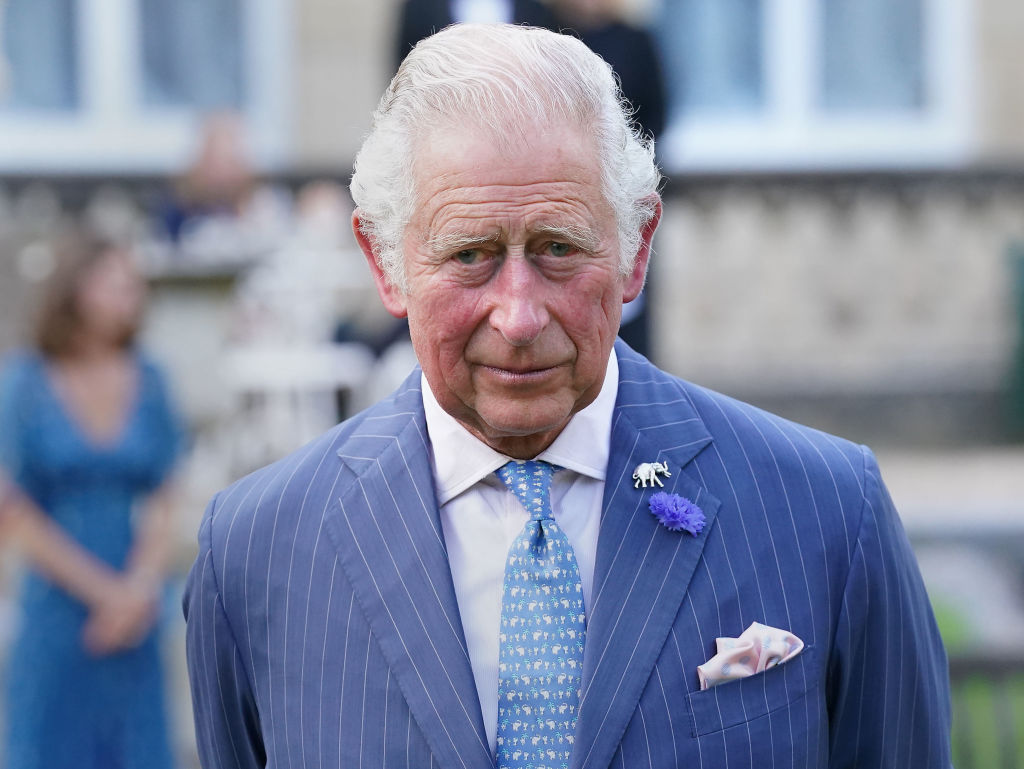As the country prepares for the Coronation, the Royal Firm needs to fight for its future

Most of the public still want to keep the Monarchy, but support has dropped over the years, writes Kelly Beaver, the chief executive of Ipsos UK & Ireland
The Coronation is just around the corner, late night rehearsals have started and Coronation quiches are being prepared. This is the moment that King Charles is formally crowned as our monarch and it is a period of extreme scrutiny for the Royal Family. For the last seventy years, the Monarchy’s strongest card was the Queen and now the new King must try to ensure that people see him as an equally strong argument for maintaining the status quo.
Currently, the future looks bright for The Firm. Most of the public would still prefer to retain the Monarchy rather than to abolish it and establish a republic. Many Britons name the Royal Family as one of the things that makes them most proud to be British. And the King is broadly liked (more popular now than he was before the death of Queen Elizabeth II, even though the numbers have slipped a little since September).
Unquestionably, the King himself has made a sure-footed start in the job. In our most recent online poll, only 9 per cent said they thought he is doing a bad job as King. This is substantial progress over recent decades: after his first marriage broke down, in February 1996, the public were evenly split. (41 per cent thought that when the time came he would make a good king, and 40 per cent a bad one.)
But support for the Monarchy has dropped over the years. At the start of this year, 64 per cent of British adults favoured retaining the Monarchy and 22 per cent preferred a Republic. That is not a huge swing in public opinion since we did our first polls on the issue in 1993, when it was 69 per cent to 18 per cent, but it is below the average over the last 30 years, and is a movement that the Royal Family will no doubt want to keep an watchful eye on. People no longer take it for granted that the Monarchy has a long-term future; and it is not an issue of overwhelming importance for as many people as it once would have been, especially among the young.
Support for the Royal Family varies significantly across different demographic groups, with people in Scotland significantly less pro-Royal than those in England (perhaps not a great surprise!) and one in three graduates say they would prefer a republic.
However, the biggest issue for the future of the institution is that young people are less likely to support the Monarchy and more likely to prefer a Republic than their older counterparts. In January this year, 18–34-year-olds split only 43 per cent to 38 per cent in favour of the Crown and the youngest group, 18–24-year-olds, were evenly divided. Some of this may be accounted for by the young being less likely to support any established institutions, as has probably always been the case. For example, the generation of young people who thirty years ago may have been more lukewarm in their commitment to the Monarchy, as it went through the travails of the early 1990s, are now middle-aged and solidly support the institution. Two-thirds of 35–54-year-olds earlier this year backed the Monarchy, only one in five a republic.
But, of course, that battle needs to be won again with each new generation: there is no guarantee that today’s young people will come to support the Monarchy more strongly as they age, unless they can be convinced to do so. Which may be particularly challenging when faced with a generation who are likely to be worse off than their parents and who may struggle to connect with an institution that many Britons (4 in 10) see as “privileged”.
Trends show that there is lots of work to do, but still plenty of opportunity to win hearts and minds, and what is becoming clear is that King Charles is determined to make changes. It is only once the bunting has been packed away and memories of the upcoming spectacle fade that we will really start to see the impact of King Charles’ reign in public opinion.